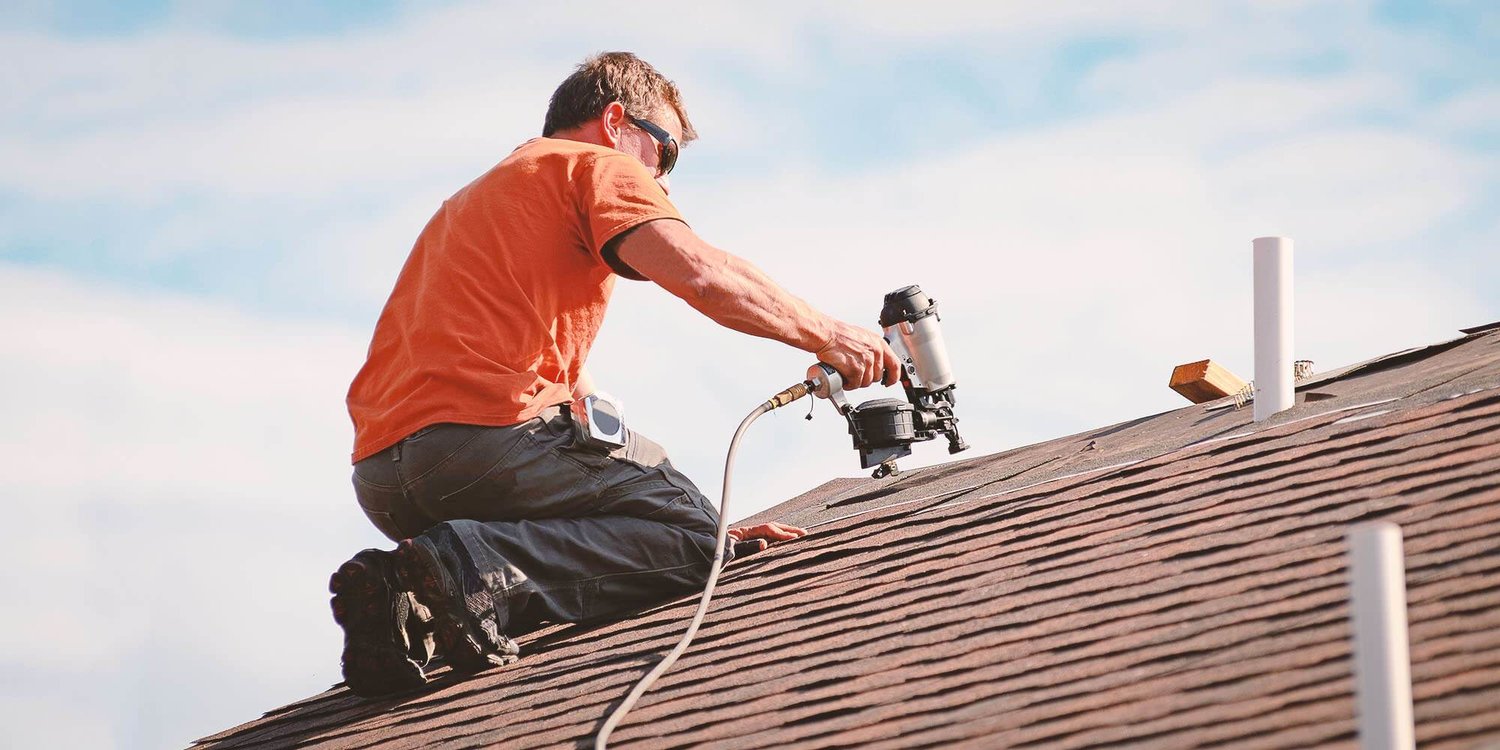How Climate Impacts Your Option of Roofing Material!
Introduction
When it comes to roof, lots of homeowners frequently think of visual appeals and expense. Nevertheless, one of the most considerable elements affecting your choice of roof material is climate. From downpours to scorching sun, the weather conditions where you live can dictate not only the lifespan of your roofing system but likewise its total performance. In this post, we'll explore how environment impacts your option of roof material and supply insights into picking the very best roof for your particular environment.
How Climate Effects Your Option of Roofing Material!
Choosing a roofing material isn't simply a workout in design; it's a decision that can have lasting implications based on your local climate. For example, if you live in an area prone to heavy rains or snow, your requirements will vary considerably from somebody living in a dry, hot desert region.
Understanding Different Climate Zones
Before diving deeper into materials, it's essential to understand the different environment zones that exist:
- Tropical: Identified by high humidity and regular rain.
- Temperate: Seasonal modifications with moderate weather.
- Arid: Hot, dry conditions with minimal rainfall.
- Cold: Long winters with snow and ice.
Each zone presents special difficulties and factors to consider for roof products.
The Function of Humidity
In tropical climates where humidity is professional commercial roofing high, mold and mildew can be significant concerns. Roofing systems need to be made from products that withstand wetness absorption. Metal roof is frequently recommended due to its resistance to these aspects and longevity.

Benefits of Metal Roofing in Humid Climates
- Durability: Metal roofings typically last longer than other options.
- Mold Resistance: They do not take in wetness like asphalt shingles can.
- Energy Effectiveness: Reflective metal roofings can help keep homes cooler.
The Effect of Severe Temperatures
Conversely, if you're located in arid regions with extreme heat, you'll want products that can sustain intense sunlight without weakening quickly.
Recommended Materials for Hot Climates
- Clay Tiles: Excellent for showing sunlight.
- Metal Roofing: Likewise useful for heat reflection.
- Cool Roofing system Coatings: These can be applied over existing roofing systems to boost energy efficiency.
How Rain Impacts Roofing Choices
In areas experiencing heavy rains or snowfall, picking a more robust material ends up being vital.
Best Roof Options for Wet Climates
- Slate Tiles: Long lasting and aesthetically pleasing but heavier.
- Asphalt Shingles: More budget-friendly however might need more regular roofing repair work due to moss growth.
Snow Load Considerations
If you live in areas with heavy snowfall, you might consider:
- Steep Slopes: They help snow slide off naturally.
- Strong Materials: Ensure your chosen product can endure significant weight.
Wind Resistance
In hurricane-prone areas or locations subject to extreme storms, wind resistance ends up being paramount.
Wind-Resistant Roofing Options
- Metal Roofing: Known for its capability to hold up against wind uplift.
- Concrete Tiles: Heavy and resilient against strong winds.
Cost vs Durability Trade-offs
While it might be appealing to go with less expensive products upfront, think about long-term costs related to repair and maintenance based upon your climate.
Local Building Codes and Regulations
Always seek advice from regional building regulations when considering a roofing system replacement as they may determine certain products based on environmental conditions.
Choosing the Right Roofing Contractors
When embarking on a roofing system replacement task or requiring roofing system repairs, working with skilled roofer familiar with regional climate condition can make all the distinction in making sure proper installation suited for your climate.
FAQs About Climate and Roofing Materials
1. What is the best roof material for rainy climates?
For rainy environments, metal roofing or slate tiles are ideal due to their ability to shed water efficiently and withstand mold growth.
2. Can I utilize asphalt shingles in humid environments?
While asphalt shingles are popular due to low preliminary expenses, they may require more regular maintenance in damp environments due to potential mold growth.
3. What roof alternatives are best for hot climates?
Clay tiles or reflective metal roofing systems work well in hot environments commercial roofing solutions as they help keep homes cooler by reflecting sunshine far from the house.
4. Do I need unique insulation under my roof?
Yes! Appropriate insulation is critical no matter climate; nevertheless, it's specifically essential in areas with severe temperatures to keep energy efficiency.

5. How typically should I replace my roof?
This depends on the material used; normally asphalt shingles last around 20 years while metal roofs can last over 50 years with correct maintenance.
6. Should I consider environmentally friendly roof options?
Absolutely! Eco-friendly alternatives like green roofs or solar tiles not just decrease environmental impact but also enhance energy efficiency regardless of climate.
Conclusion
Choosing the best roofing material is no small task; it requires careful consideration of your local climate's demands together with personal preferences and budget plan restrictions. By comprehending how environment affects your option of roof product-- be it residential roof replacement through durability versus heavy rain or heat resistance-- you'll make sure that your home stays safeguarded while maintaining visual appeal for several years to come!

Whether you're preparing a new roofing installation or merely residential roofing inspections considering some upgrades during routine roofing system repairs, always keep in mind that understanding is power-- and understanding how environment impacts your option of roofing product will serve you well long into the future!